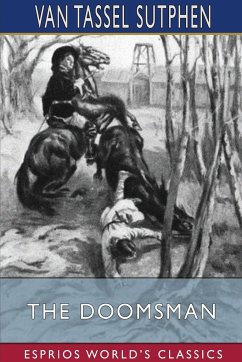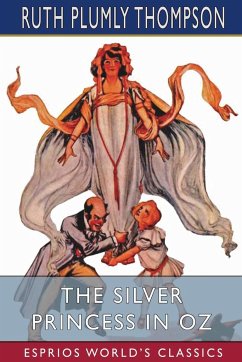
Looking Backward, 2000 to 1887 (Esprios Classics)
Versandkostenfrei!
Versandfertig in 1-2 Wochen
22,99 €
inkl. MwSt.
Weitere Ausgaben:

PAYBACK Punkte
11 °P sammeln!
Edward Bellamy (March 26, 1850 - May 22, 1898) was an American author, journalist, and political activist most famous for his utopian novel Looking Backward. Bellamy's vision of a harmonious future world inspired the formation of numerous "Nationalist Clubs" dedicated to the propagation of Bellamy's political ideas. After working as a journalist and writing several unremarkable novels, Bellamy published Looking Backward in 1888. Looking Backward was one of the most commercially successful books published in the United States in the 19th century, and it especially appealed to a generation of in...
Edward Bellamy (March 26, 1850 - May 22, 1898) was an American author, journalist, and political activist most famous for his utopian novel Looking Backward. Bellamy's vision of a harmonious future world inspired the formation of numerous "Nationalist Clubs" dedicated to the propagation of Bellamy's political ideas. After working as a journalist and writing several unremarkable novels, Bellamy published Looking Backward in 1888. Looking Backward was one of the most commercially successful books published in the United States in the 19th century, and it especially appealed to a generation of intellectuals alienated from the alleged dark side of the Gilded Age. He published Equality, a sequel to Looking Backward, in 1897, and died the following year.













